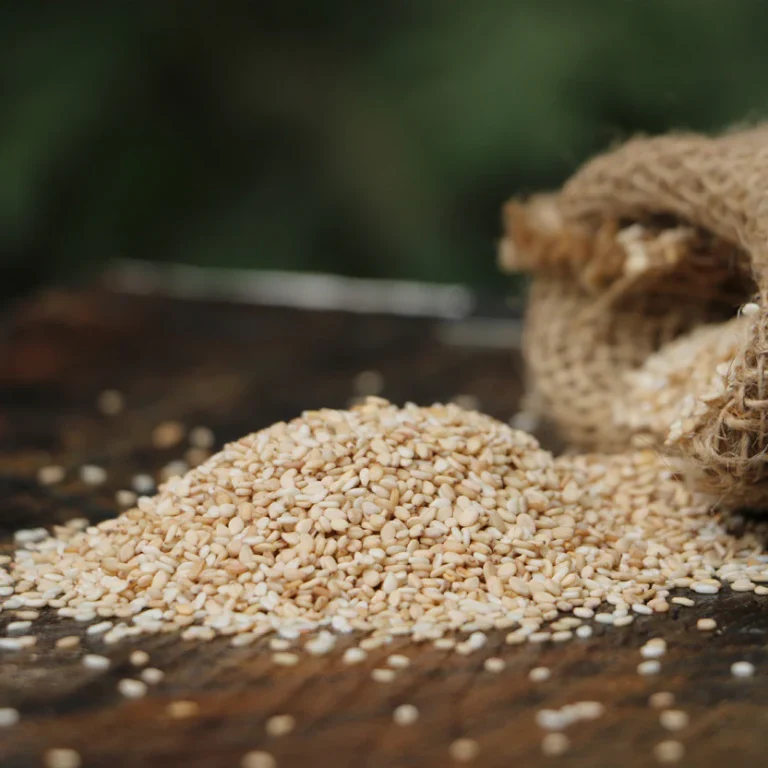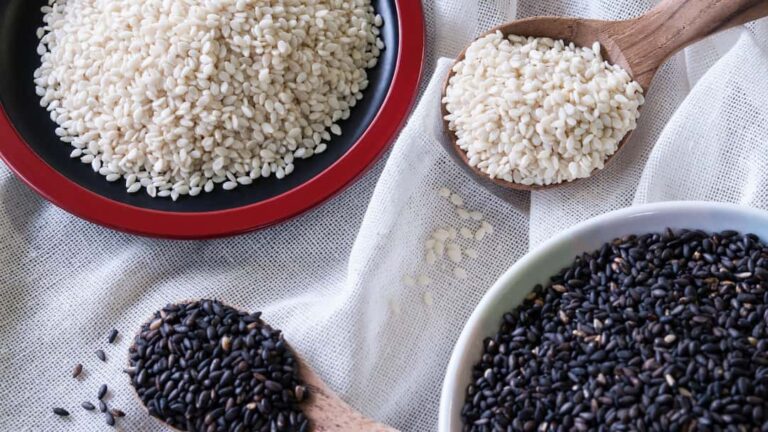
Rheumatoid arthritis (RA) is an autoimmune disorder that primarily affects the joints, causing inflammation, pain, and long-term joint damage. Methotrexate, a commonly prescribed drug, plays a crucial role in managing RA symptoms and slowing the disease’s progression. In Pakistan, methotrexate is widely used in the treatment of RA, helping many patients manage their condition effectively. This article explores how methotrexate works, its benefits, side effects, and availability in Pakistan.
What is Methotrexate, and How Does It Work?
Methotrexate is a disease-modifying antirheumatic drug (DMARD) that is primarily used to treat autoimmune conditions such as rheumatoid arthritis, psoriasis, and certain cancers. In RA, methotrexate works by suppressing the overactive immune system, which is responsible for attacking the body’s own tissues. By reducing the activity of the immune system, methotrexate helps prevent inflammation and damage to the joints.
Methotrexate is often taken orally or administered via injection, and its effects can take several weeks to become noticeable. This medication is typically used in combination with other treatments for RA, such as NSAIDs or biologics, to achieve optimal results.
Why Is Methotrexate Commonly Prescribed for RA?
Methotrexate is one of the most commonly prescribed medications for RA due to its proven efficacy in reducing symptoms and slowing disease progression. Some reasons why it is preferred by doctors include:
- Effectiveness: Methotrexate has been shown to reduce joint inflammation, pain, and swelling in most patients with RA.
- Slows Disease Progression: It helps prevent long-term joint damage and deformities, reducing the need for surgery.
- Well-Studied: Methotrexate has been used for decades, and its safety and effectiveness are well-documented.
- Cost-Effective: Compared to newer biologic treatments, methotrexate is relatively affordable and accessible, making it a first-line treatment option for many patients.
Benefits, Side Effects, and Precautions
Methotrexate offers significant benefits for RA patients, but like all medications, it comes with potential side effects. Understanding these can help patients make informed decisions about their treatment.
Benefits of Methotrexate:
- Reduces pain, swelling, and stiffness in the joints
- Improves overall function and quality of life
- Prevents joint damage and deformities in the long term
Common Side Effects:
- Nausea and Vomiting: Some patients may experience gastrointestinal discomfort.
- Fatigue: Methotrexate can cause tiredness or weakness in some people.
- Liver Toxicity: Long-term use may impact liver function, so regular blood tests are necessary.
- Bone Marrow Suppression: Methotrexate can reduce the production of blood cells, leading to an increased risk of infections and bleeding.
Precautions:
- Pregnancy and Breastfeeding: Methotrexate is not recommended during pregnancy as it may cause birth defects. Women should use effective contraception during treatment.
- Alcohol Use: Alcohol should be limited, as it can increase the risk of liver toxicity.
- Regular Monitoring: Patients on methotrexate require regular blood tests to monitor liver function, blood cell counts, and kidney function.
Availability and Brands in Pakistan
Methotrexate is widely available in Pakistan, both in its oral form and as an injectable solution. Some common brands of methotrexate include:
- Rheumatrex
- Trexan
- Methotrex
These brands are available at most pharmacies across the country, with both generic and branded versions of methotrexate being affordable for many patients.
Alternative Treatments for Rheumatoid Arthritis
While methotrexate is a cornerstone of RA treatment, there are several alternative therapies, including:
- Biologic Drugs: Drugs like etanercept, adalimumab, and infliximab target specific molecules involved in RA inflammation and are used when methotrexate alone is not effective.
- Nonsteroidal Anti-Inflammatory Drugs (NSAIDs): These provide pain relief but do not alter the disease progression.
- Steroids: Corticosteroids like prednisone are used for short-term flare-ups.
- Physical Therapy: A tailored exercise regimen can help improve joint function and reduce stiffness.




